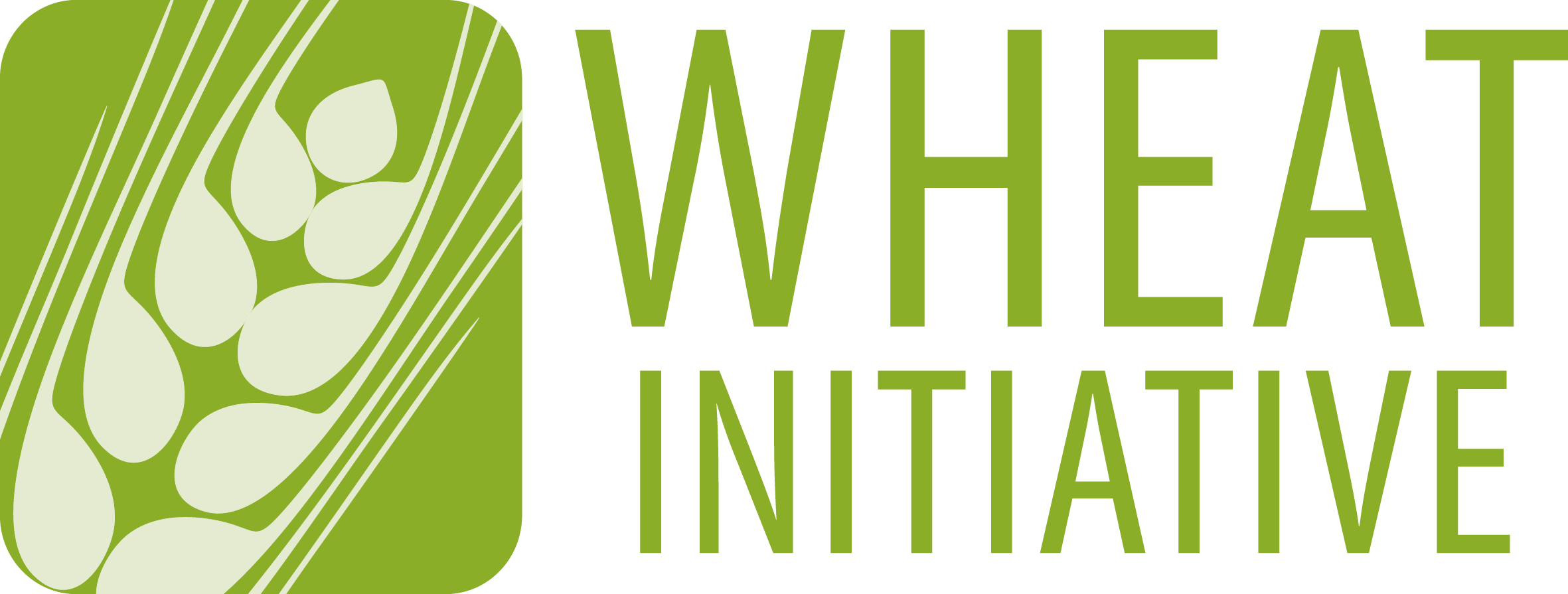Developing cisgenic resistance gene stacks in wheat for improved resistance to wheat stem rust disease
by Dr Ming Luo
NOTE: This will be on March 26 in Calgary time but March 27th Australian time
Microsoft Teams meeting
Join on your computer, mobile app or room device
Click here to join the meeting
Meeting ID: 230 590 844 827
Passcode: LwiDy5
Download Teams | Join on the web
Abstract
Fungal rust diseases are a major production constraint in wheat with the combined annual global cost of stem rust, stripe rust and leaf rust estimated to be more than $3 billion. The most cost effective and environmentally sustainable approach to controlling rust diseases is via genetic resistance. However, these pathogens evolve rapidly and can quickly overcome resistance genes, particularly when they are deployed individually. Polygenic resistance is believed to provide more durable resistance, however selection of multiple unlinked resistance genes in breeding programs is difficult and expensive and gene combinations quickly separate in future breeding efforts. A more effective strategy for strong, longer-lasting resistance is to combine multiple genes into a single locus with multi-gene cassettes. We have developed wheat lines containing multi-gene cassettes encoding up to five different stem rust resistance genes at single loci. Furthermore, two separate resistance gene stacks, each encoding five wheat stem rust resistance transgenes, have been combined by conventional breeding to generate wheat plants containing an unprecedented level of polygenic stem rust disease resistance. Next generation five gene stacks have now been produced in wheat using a Precision Engineering approach that incorporates only wheat DNA sequences i.e. no selectable markers, cloning scars or Agrobacterium border sequences. These entirely cisgenic plants have the potential for reduced regulatory burden given recent changes to GM legislation in some countries. Cisgenic resistance gene stacks are now also being developed for wheat stripe rust and leaf rust diseases. This cisgenic technology is applicable to other crops for improving disease resistance and for developing other polygenic traits of agronomic significance with single gene inheritance.
Biography
Dr Ming Luo obtained his master’s degree in Agronomy at Sichuan Agricultural University, China in 1989 and PhD in Molecular Genetics at Australian National University, Australia in 2004. He has worked at CSIRO Agriculture and Food since 2004 where he is currently employed as a Senior Research Scientist. His research interests include epigenetic mechanisms that regulate the double fertilization processes in flowering plants. More recently he has been developing durable resistance to wheat stem rust by stacking multiple (five) disease resistant genes at a single locus in wheat. His team has improved upon this strategy to generate large, entirely cisgenic wheat resistance stacks which is a novel technology potentially applicable to many other agricultural crops.
